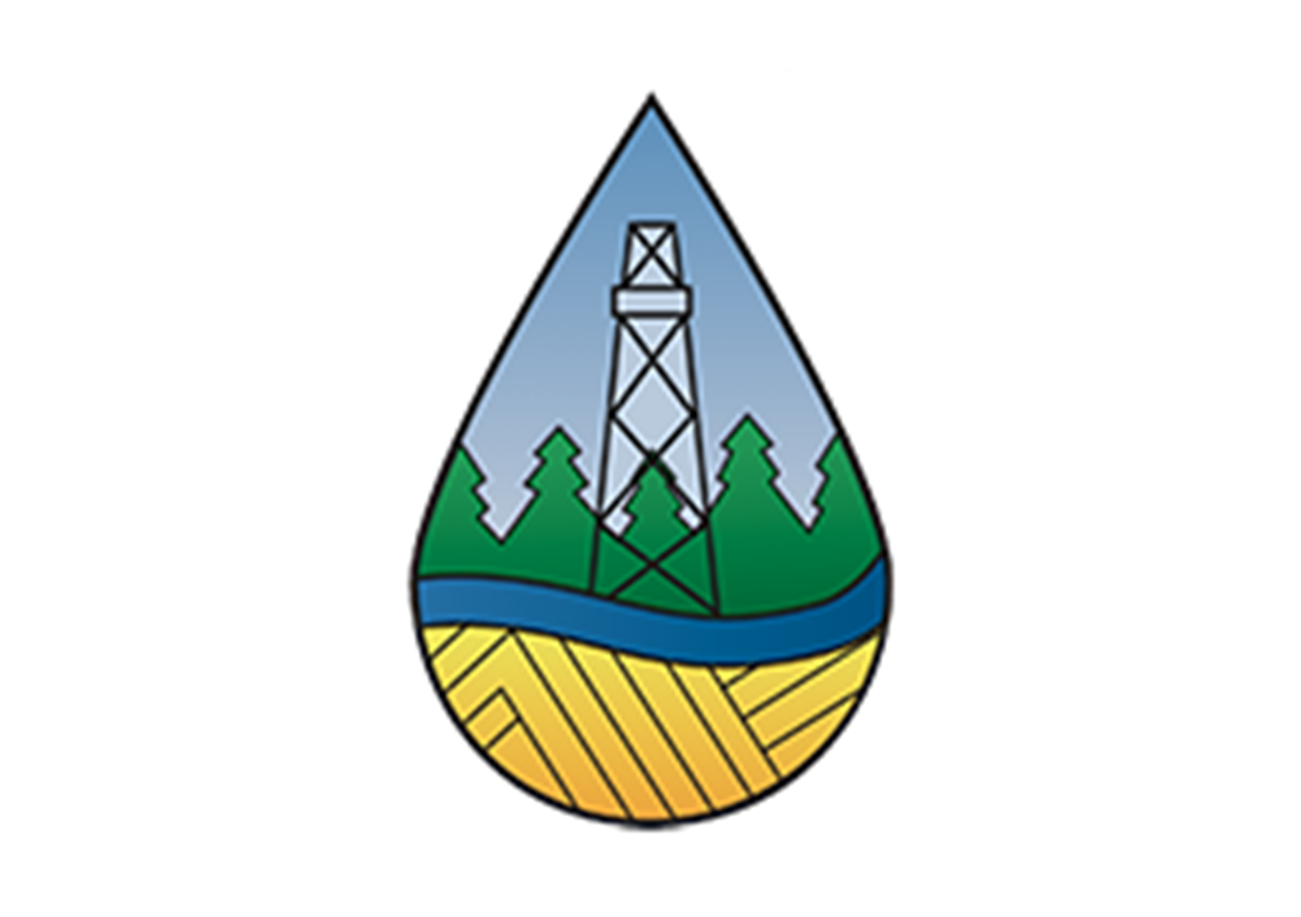On Saturday, at my weekly yoga class, I found myself bent in half attempting to balance on my elbows with my legs splayed out. I was frustrated but exhilarated, exhausted but persistent.  It was not pretty and I felt very self conscious. The instructor said, “Just take a minute to play with this. Your practice is your own. It’s not going to be like anyone else. Listen to your body. When you are finished playing, please join us in child’s pose.”
I was sweating, straining and mostly failing at this inverted balance. I was working harder than I had intended to when I arrived. I felt quite stretched, physically and mentally. How could this be called playing? That depends on what you feel about play.
In the groundbreaking book, Einstein Never Used Flashcards: How children really learn and why they need to play more and memorize less, play is explained as being
- pleasurable
- intrinsically rewarding, not to please someone else
- voluntary and self-initiated
- active
Play involves intense focus on something we are interested in. The person is discovering something new about the world and themselves. Play is rejuvenating, exciting and sometimes very difficult. It is a reward onto itself. I realized on Saturday that, for me, yoga is playful.
The yoga instructor that morning did not go around congratulating us. That would have felt weird and maybe a little condescending. People who are genuinely involved in play do not need outside praise. They don’t need to be coaxed to persist.
Stuart Brown’s passionate advocacy for play reminds us that the absence of play is not work. The absence of play is depression. In his book Play: How it Shapes the Brain, Opens the Imagination, and Invigorates the Soul, he explains in simple language how play is an essential part of being human and we should not lose it as a rite of passage into adulthood.
When I advocate for play in early learning centres and in classrooms, I don’t have curricular goals in mind. I am promoting innovation, creativity and mental health. It allows us to be in a state of FLOW, which is the best state of mind to learn. It is “in the moment”. That childlike ability to play should not be lost. Let’s not try to weed it out of kids or ourselves. I hope you go play today, whatever your play looks like.

